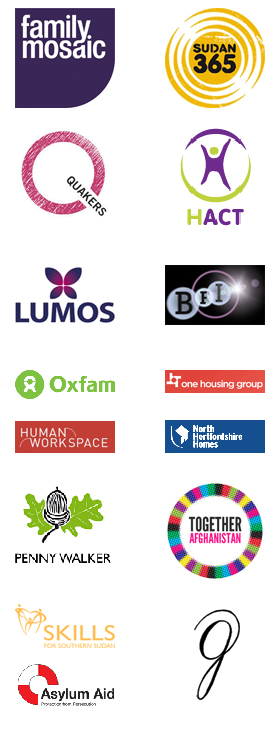Last weekend, I had one of those moments.
I was at my sister’s, listening to her reminiscing about how our Dad had explained why Naval chaplains had no rank. “It was,” she recalled him saying, “because they are always the same rank as the person with whom they’re talking.”
I remembered it well. It had always struck me as the way you should be with others, treating them, wherever possible, as an equal. It’s something that I’ve always tried to do, throughout my working life, whether interviewing a high-powered chief executive, a long-retired Board member or a recently arrived refugee.
And, thus far, it’s an approach that has helped me whenever I’ve had to interview people for case studies or, as was the case last year, conduct audience research for two quite different clients.
One is a large international company. They wanted me to interview key stakeholders about their annual report. That turned out to involve interviews with over 20 institutional investors in the UK, USA and Europe.
The other is a small, national company. They needed me to interview some key clients, to find out whether they were happy and how the service could be improved. That turned out to involve interviews with marketing managers, chief executives and communications officers in the UK.
Both jobs were repeat business. Both involved me following my 4.5 rules for audience research:
- agree the objectives before you start;
- ask the right questions;
- spend time in trawling through the answers to get those nuggets of wisdom;
- present it back to the client in a way that’s right for them (and not for you – no one, but no one, ever reads that 60pp report, no matter how nicely it’s presented);
- and, the half rule – and it’s only a half rule because I don’t want to appear self-serving – encourage them to carry on the conversation with the interviewees. I’ve never had one interviewee tell me that what they think doesn’t matter…
So having had that moment last weekend at my sisters, perhaps I should add another rule: remember the naval chaplain.
PS – this is what one of the clients said about the work:
“Matthew has helped unearth some unexpected client perceptions of what we do. This has helped us to redefine our own marketing communications.”

